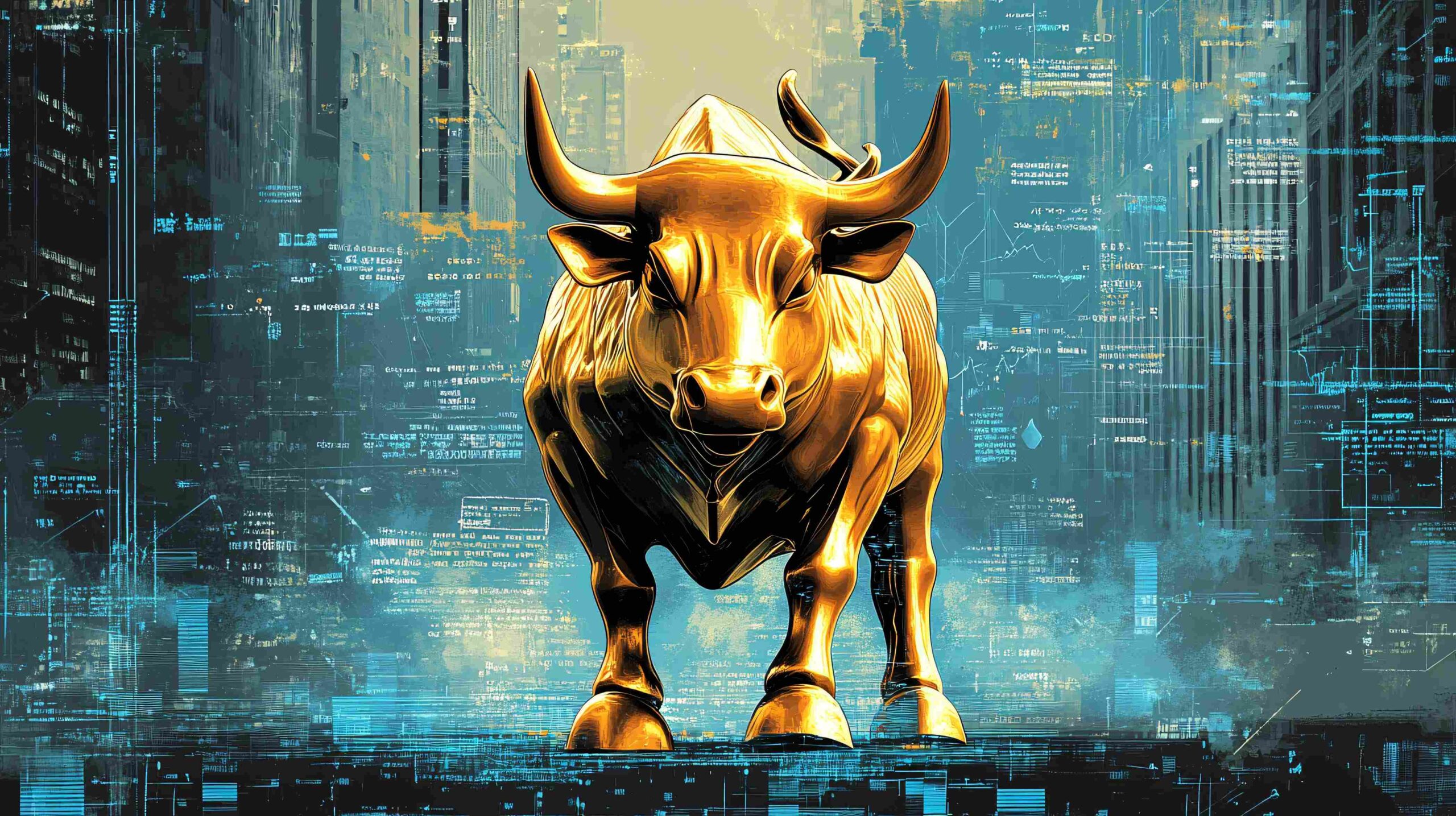S1 60k WallStreetBetsLeeBloomberg: An Overview
In 2021, financial markets underwent a dramatic transformation. Retail investors, led by WallStreetBets (WSB), actively challenged the entrenched power structures of Wall Street. Known for their bold, high-risk trading strategies and unfiltered commentary, WSB quickly became a dominant force in the GameStop (GME) short squeeze. As GameStop’s stock price soared, the term S1 60k emerged, encapsulating the extreme volatility of meme stocks. Thus, this article explores how S1 60k, WallStreetBetsLeeBloomberg, and the media reshaped the financial landscape.
WallStreetBets: The Rise of Retail Investing
Origins of WallStreetBets
In 2012, Jaime Rogozinski founded WallStreetBets as a small subreddit for traders, many of whom were new to the stock market. Unlike traditional investors, these traders embraced high-risk strategies like options trading and speculative bets. What set WSB apart, however, was its tone. Unlike other forums that focused on detailed financial analysis, WSB adopted a bold, irreverent style that made investing feel more accessible. For many, it broke down the barriers between them and the financial elite. As a result, WSB’s following grew rapidly, with retail traders eager to challenge the dominance of institutional investors.
Over time, WSB became a central hub where traders shared stories of massive gains and devastating losses. These stories, often conveyed with humor, memes, and a rebellious attitude, made it clear that WSB wasn’t just about making money—it was about disrupting traditional power structures in finance. By embracing an unconventional approach, WSB demonstrated that retail traders could influence markets in ways once thought impossible.
The GameStop Squeeze
In January 2021, WSB reached a pivotal moment. The GameStop short squeeze became a defining event. Hedge funds like Melvin Capital had heavily shorted GameStop, betting the stock would decline. However, retail traders on WSB saw an opportunity to reverse the narrative. As a result, they began buying up GameStop shares in large quantities, forcing short sellers to cover their positions. Within just a few days, GameStop’s stock price skyrocketed from $20 to an astonishing $483. Consequently, Wall Street was stunned, and the event proved a crucial point: retail traders, armed with social media, could collectively influence market outcomes.
S1 60k: The Meme-ification of Stocks
What is S1 60k?
Amid the chaos of GameStop’s meteoric rise, the term S1 60k emerged as shorthand for the explosive volatility of meme stocks. While $60,000 was never a formal price target for GameStop, it quickly symbolized the speculative frenzy sweeping through the market. Moreover, the surge in GameStop’s price wasn’t an isolated event. Other stocks like AMC, BlackBerry, and Nokia also surged, driven by viral trends and online communities. Therefore, S1 60k came to represent not just GameStop’s rise, but the broader shift toward meme-driven investing. Here, momentum, hype, and collective action overshadowed traditional financial analysis. It became less about numbers and more about culture.
Cultural Shift in Investing
In many ways, S1 60k symbolized a cultural shift in the investment world. Retail traders, empowered by platforms like Reddit, began challenging the established methods of institutional investors. These new traders didn’t rely on earnings reports or balance sheets. Instead, they made decisions driven by internet memes, viral content, and collective sentiment. Importantly, this shift wasn’t a passing trend—it was a fundamental change in how markets operated. WSB demonstrated that collective action, fueled by social media, could disrupt Wall Street’s dominance. Thus, S1 60k became the symbol of this seismic shift, replacing traditional strategies with the unpredictable forces of internet culture and groupthink.
LeeBloomberg: The Meme-Stock Influencer
A New Type of Influencer
Amid the meme-stock frenzy, LeeBloomberg emerged as a key figure. As a social media influencer and trader, LeeBloomberg blended humor with financial insights in a way that resonated with retail investors. Unlike traditional analysts who focused heavily on data, LeeBloomberg understood that in this new age of investing, storytelling and relatability were just as important. He didn’t just talk about earnings or stock charts; he used memes and humor to connect with his audience. This style contrasted sharply with the dry, impersonal approach of traditional financial media. Retail traders, often feeling alienated by conventional outlets, found his content refreshing. Consequently, LeeBloomberg became a symbol of the new wave of market influencers who understood that in the digital age, financial commentary needed to engage as much as it informed.
Emotions and Market Sentiment
What truly set LeeBloomberg apart was his deep understanding of market sentiment. While traditional analysts focused on earnings reports, P/E ratios, and balance sheets, LeeBloomberg realized that emotions like fear, greed, and excitement often drove stock prices more than the fundamentals. By tapping into these emotions, through humor and memes, he created content that resonated deeply with everyday traders. Thus, his ability to merge market analysis with internet culture helped him build a massive following. In doing so, he further fueled the meme-stock phenomenon, bridging the gap between traditional financial analysis and the rapidly growing influence of online culture on market movements.
Mainstream Media: Adapting to the Meme Stock Era
The Collision of Meme Culture and Traditional Finance
As meme stocks began to dominate headlines, traditional financial media outlets had no choice but to adapt. For decades, financial journalism focused on in-depth, data-driven analysis of institutional investors, hedge funds, and economic reports. However, the rise of meme stocks shattered this narrative. The meteoric rise of GameStop and the rise of S1 60k wasn’t based on traditional metrics—it was driven by viral memes, online communities, and collective sentiment. Consequently, the power of internet culture had become undeniable, and financial media had to respond. This marked a pivotal moment as the media shifted its approach to accommodate the growing influence of retail traders.
Retail vs. Institutional Investors
The GameStop short squeeze highlighted a dramatic shift in market power. Hedge funds like Melvin Capital were forced to cover massive losses, illustrating that institutional investors no longer controlled the market’s fate. Retail traders, empowered by platforms like Robinhood, could now influence stock prices just as institutional investors once did. As a result, the old paradigm of institutional dominance began to collapse. Media outlets quickly began reporting in real-time on retail traders’ actions and the unprecedented losses suffered by hedge funds. The media became an essential part of documenting this shift in financial power.
Adapting to the Meme Era
At first, mainstream financial outlets struggled to keep up with the speed and unpredictability of meme-stock rallies. Established media like Bloomberg were accustomed to analyzing stable market trends, not the chaotic surges of meme stocks. Nevertheless, as meme stocks continued to rise, financial media adapted rapidly. They began offering live updates, real-time analysis, and interactive coverage to stay relevant. This shift from traditional financial reporting to covering the rapid, volatile world of meme stocks marked a critical moment in the evolution of financial media. No longer passive observers, media outlets became active participants in the meme-stock phenomenon.
The Future of Meme Stocks
Democratization of Investing
The GameStop saga highlighted a broader trend—the democratization of investing. Retail traders now had access to the same tools and platforms once reserved for institutional investors. Platforms like Robinhood, Reddit, and Discord allowed traders to coordinate actions on a massive scale. As a result, barriers to entry for individual investors were significantly lowered, enabling a new generation of traders to challenge the power structures that had long dominated Wall Street. S1 60k became a symbol of this newfound empowerment, proving that collective action could disrupt the old financial elite.
The Rise of Meme-Driven Investing
Meme-driven investing is not a passing phase—it’s likely here to stay. As social media continues to shape public sentiment, the power of viral memes and online trends will only grow. Traders like LeeBloomberg, who understand both the intricacies of the market and the dynamics of internet culture, will continue to play central roles in this new era of investing. Ultimately, the lines between finance, entertainment, and internet culture will continue to blur. Meme stocks are no longer anomalies—they represent a new normal in investing.
Conclusion: A New Era in Markets
The S1 60k phenomenon, driven by WallStreetBetsLeeBloomberg, and the evolving role of the media, marks a watershed moment in financial history. What began as a meme-driven movement has evolved into a powerful cultural and financial force. It has upended traditional investment models and redefined how we view markets and money. Retail investors now wield influence that rivals institutional investors, and meme culture has become a significant player in global finance. As social media continues to shape stock prices and market sentiment, the legacy of S1 60k will stand as a symbol of this transformation—a symbol of a new era in investing.
FAQs: S1 60k, WallStreetBetsLeeBloomberg
What is S1 60k?
S1 60k represents the extreme volatility of meme stocks, especially during the 2021 GameStop short squeeze, thus symbolizing the speculative and unpredictable nature of these assets.
How did WallStreetBets influence markets?
WallStreetBets (WSB) played a pivotal role in the GameStop short squeeze, demonstrating how, through collective action, retail traders could not only disrupt markets but also challenge institutional control and push stock prices to unexpected heights.
Who is LeeBloomberg?
LeeBloomberg is a social media influencer who effectively blends financial analysis with internet culture. In doing so, he shapes market sentiment and engages retail traders in unique ways that traditional analysts have not been able to.
What’s the link between S1 60k and WallStreetBets?
S1 60k reflects the volatility of meme stocks like GameStop, driven primarily by WallStreetBets’ collective actions and the growing influence of online communities on broader market trends and stock movements.
How did LeeBloomberg impact meme investing?
LeeBloomberg made finance more accessible to the average retail investor by using humor and memes, thus connecting with traders and fueling the meme-stock movement in ways that resonated deeply within internet culture.
Is meme-driven investing here to stay?
Yes, meme-driven investing is likely permanent, as social media platforms continue to empower retail traders. Consequently, these platforms are reshaping market dynamics, and this trend is expected to continue for the foreseeable future.
What does S1 60k represent in the broader financial context?
S1 60k signifies a shift from institutional dominance to retail power. It highlights how social media is democratizing finance, making it more accessible, and fundamentally changing how financial markets operate.
How did financial media adapt to meme stocks?
In response to the rise of meme stocks, financial media quickly adapted by shifting from traditional, data-driven analysis to real-time updates and live coverage, which became essential for keeping up with the fast-moving and often unpredictable nature of meme-driven markets.
How Social Media Changed Finance?
Social media platforms like Reddit and Twitter have emerged as key players in reshaping market dynamics. By empowering individuals, these platforms allow retail traders to drive markets and democratize financial decision-making in ways never seen before.
For further, details keep visiting “businesscrux.org”














Post Comment